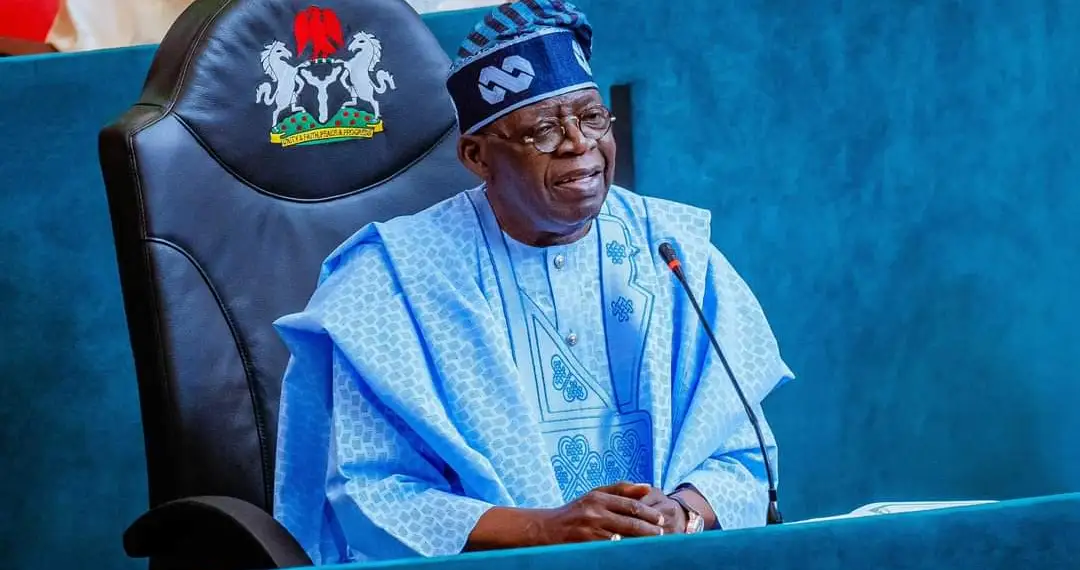Opposition parties, including the Coalition of United Political Parties (CUPP), the Peoples Democratic Party (PDP) and the New Nigeria Peoples Party (NNPP), have criticized President Bola Tinubu’s proposed 2025 budget of ₦47.9 trillion, questioning its feasibility and ability to address Nigeria’s economic issues.
President Tinubu presented the budget to a joint session of the National Assembly on Wednesday, stating that it aims to focus on economic recovery and development. However, opposition leaders have highlighted several concerns, citing unrealistic targets and poor implementation plans.
CUPP National Secretary, Peter Ahmeh, pointed out instances of budget duplication and mismanagement in previous administrations led by the All Progressives Congress (APC). According to Ahmeh, past budgets have failed to bring meaningful development to the country. “Each year, the budget increases, but so does poverty. Mismanagement of resources has left roads in disrepair and government expenses spiraling out of control. Without proper review and effective execution, this budget will offer little to no development,” Ahmeh said. He also criticized the lack of impact from previous budgets, noting that unfulfilled promises have only worsened the hardships faced by Nigerians.
The National Publicity Secretary of the NNPP, Ladipo Johnson, described the inflation and exchange rate projections in the budget as overly ambitious. “Headline inflation in November 2024 was 34.6%, yet the budget sets a target of 15%. To achieve this, inflation would need to drop by 1.63% per month, which is unrealistic without clear strategies. Food inflation alone, driven by insecurity in farming areas, accounts for half of the headline inflation, and there is no significant plan for mechanized farming,” Johnson stated. He also questioned the exchange rate projection, which anticipates a reduction from ₦1,650 to ₦1,500 per dollar, and raised concerns about ongoing oil theft undermining the government’s production goals.
Similarly, PDP Deputy National Youth Leader, Timothy Osadolor, criticized the budget’s reliance on borrowing and accused the administration of neglecting fundamental economic challenges. “This budget is filled with unrealistic projections and empty rhetoric. The government claims it is saving money but keeps borrowing. Corruption within the administration further diminishes any chance of success,” Osadolor said. He emphasized the struggles faced by ordinary Nigerians, pointing out rising food prices, a falling exchange rate and a stagnant industrial sector. “A bag of rice now costs more than the minimum wage of most Nigerians. The National Assembly must focus on strategies to grow the economy rather than relying on endless borrowing,” he added.
The opposition collectively raised concerns about the sustainability of the budget and its impact on Nigeria’s growing debt. They called for more transparent, realistic and actionable policies to combat inflation, improve food security and address the structural weaknesses in the economy.

